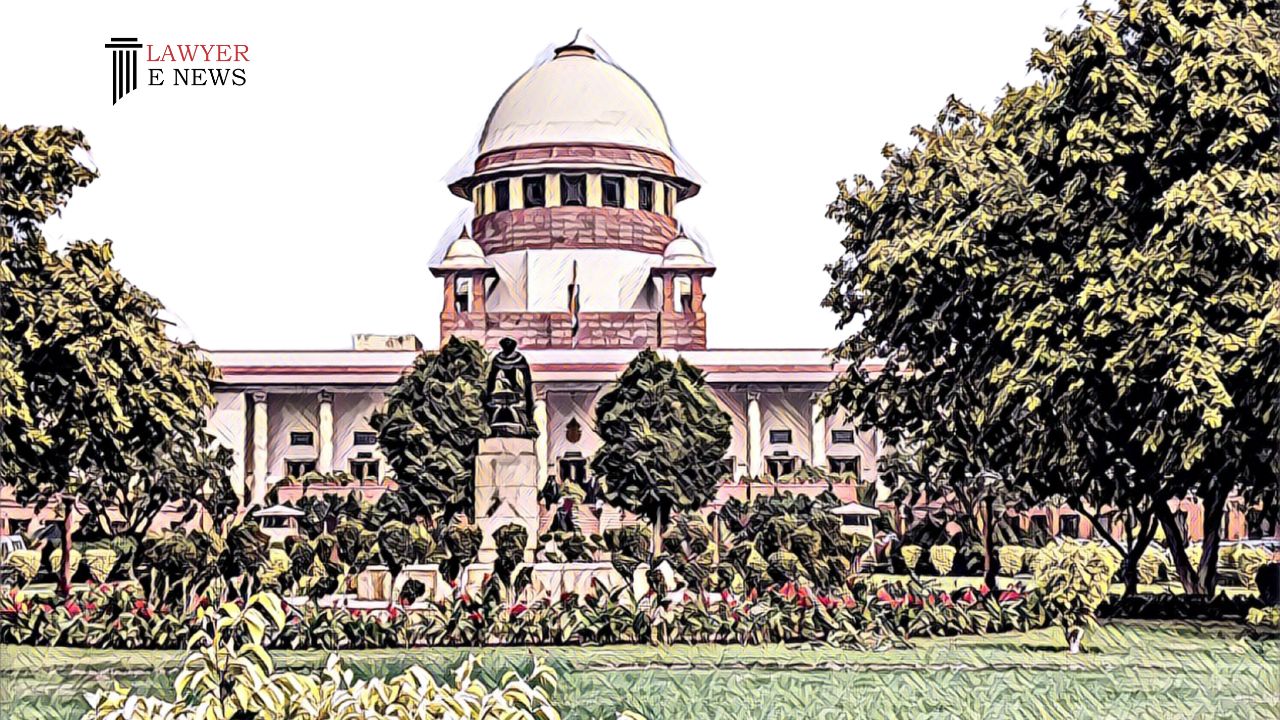-
by Admin
15 February 2026 5:01 PM



In a landmark judgment dated April 16, 2024, the Supreme Court of India upheld the rights of Technical Assistants in Tamil Nadu to be promoted to the post of Assistant Engineers, endorsing the state’s executive instructions as a valid interim mechanism pending formal rule amendments. The bench comprising Justices B.R. Gavai and Sandeep Mehta dismissed a series of civil appeals challenging the Madras High Court’s decision which allowed the promotion based on qualifications and service duration.
The appeals arose from a series of executive orders by the Tamil Nadu government starting from 1990, which permitted Technical Assistants who had served for five years and acquired specific engineering qualifications, to be promoted to Assistant Engineers. This executive decision was contested over the years, leading to various legal battles culminating in the Supreme Court’s review.
The Supreme Court reiterated that executive instructions are appropriate for filling legal gaps in the absence of formal statutory amendments. The Court highlighted that such measures are temporary yet necessary to ensure administrative continuity and efficiency.
It was noted that the challenged promotions were regularized under Rule 48 of the Tamil Nadu State and Subordinate Services, aligning with past precedents where similar appointments were upheld. The Court emphasized that these promotions did not constitute “backdoor entries” but were instead crucial fill-ins for persistent vacancies that the open recruitment process failed to address.
Addressing concerns over equality and efficiency, the judgment clarified that promoted Technical Assistants would not impinge upon the opportunities or promotional avenues of direct recruits. The Court stressed that all promotions were made in strict adherence to the proportions and quotas established by existing rules and did not disrupt the meritocratic foundation of civil service appointments.
The Supreme Court dismissed the appeals, confirming the Madras High Court’s judgment which had favored the regularization of the promotion of Technical Assistants based on longstanding executive orders. The Court underscored that these promotions were in line with both administrative pragmatism and legal precedents aimed at balancing efficiency with fairness in civil service.
Date of Decision: April 16, 2024.
Association of Engineers and Others Etc. vs. The State of Tamil Nadu and Others Etc.
